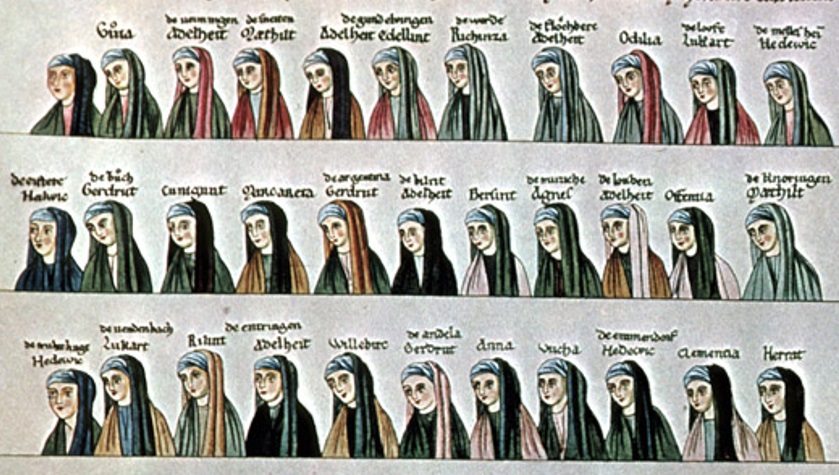
Nuns Singing Songs in Medieval Europe
Did nuns in Medieval Europe sing anything other than chants and sacred songs? Mary Caldwell discusses one example, a song performed during the Christmas season.
There is no historical or geographical limit on what can be covered. There is no restriction on the style or genre of song or singing.
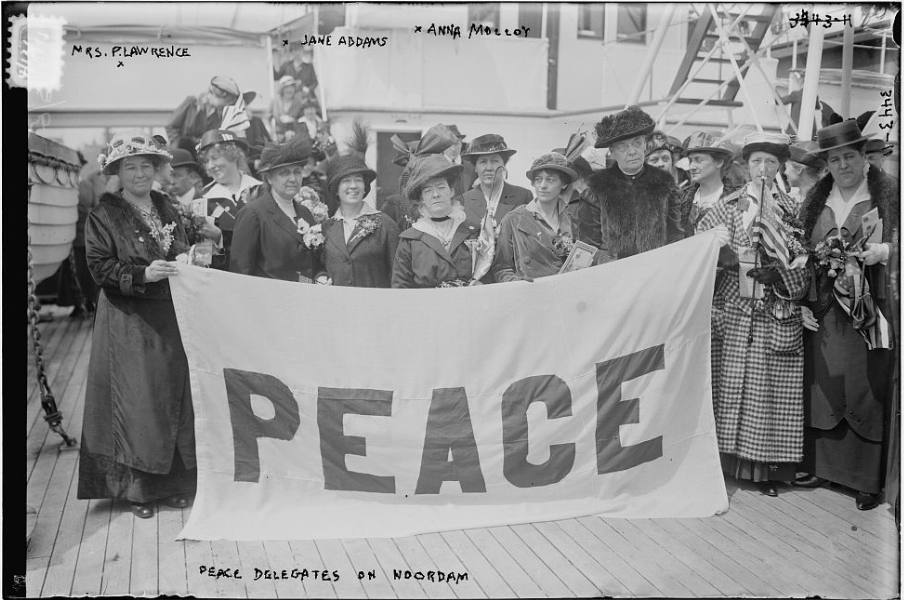
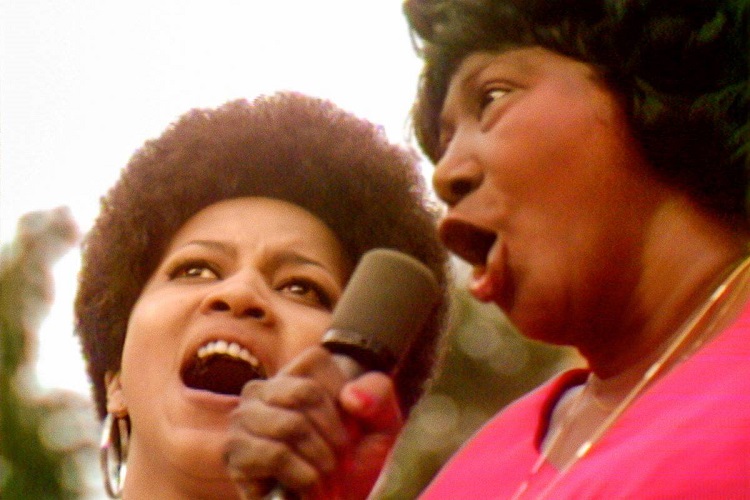

Did nuns in Medieval Europe sing anything other than chants and sacred songs? Mary Caldwell discusses one example, a song performed during the Christmas season.
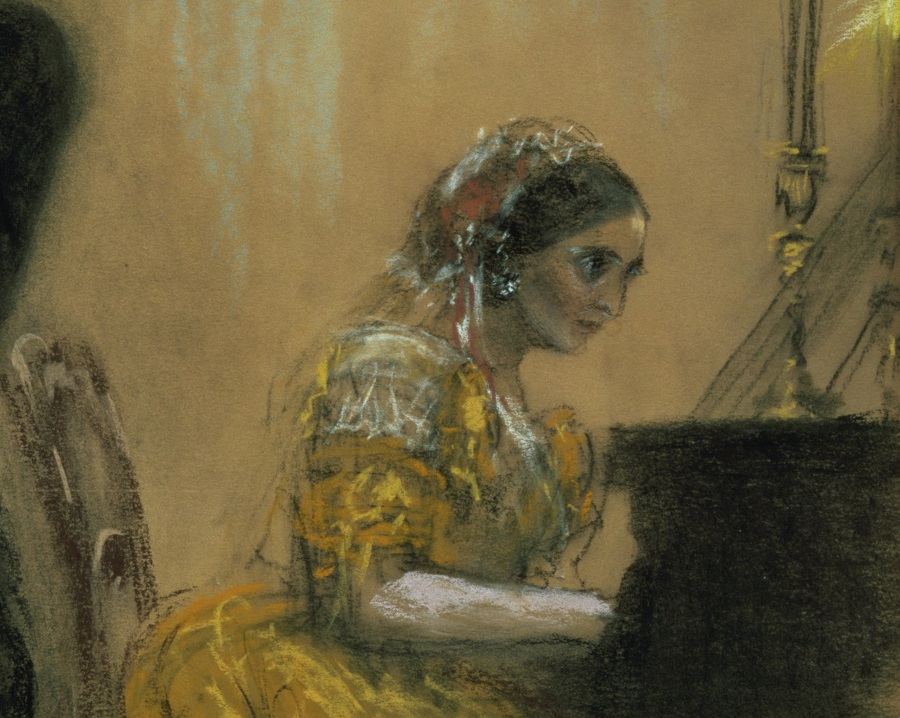
Alexander Stefaniak explores how Clara Schumann’s Lieder – both in her performances and in her publications – supported her work as a celebrated concert pianist.
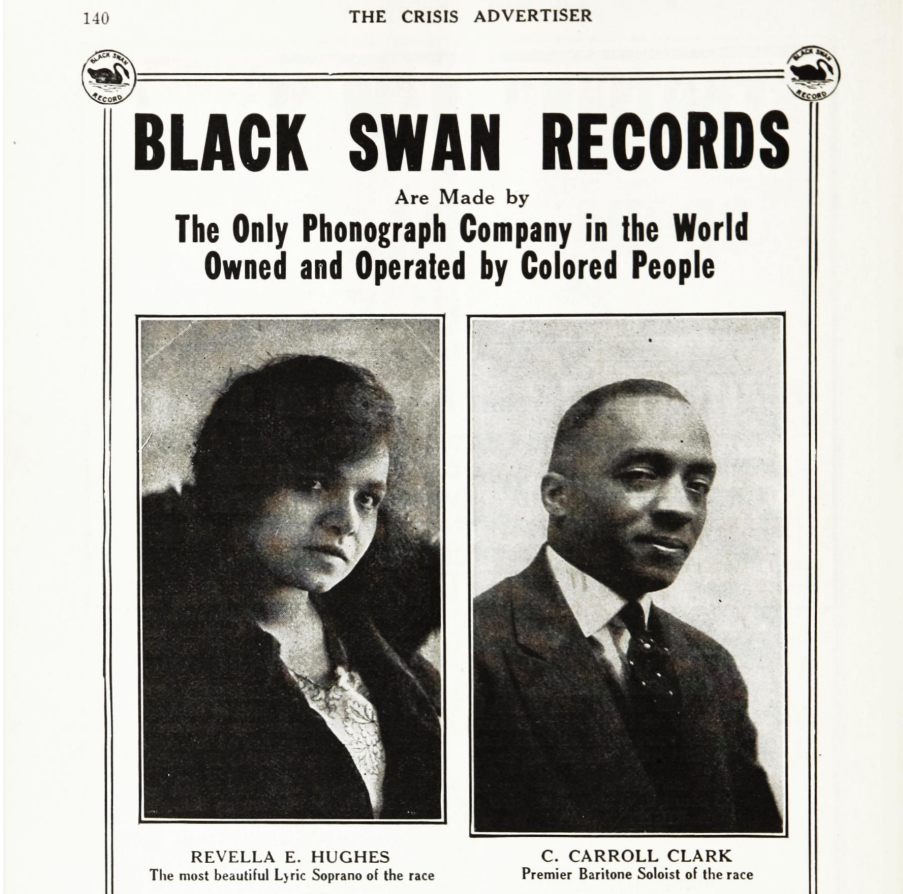
With this essay on Black Swan Records, we at WSF celebrate our 2nd anniversary. On 30 Oct. 2020 our first post was Mark Burford’s essay on Marian Anderson.
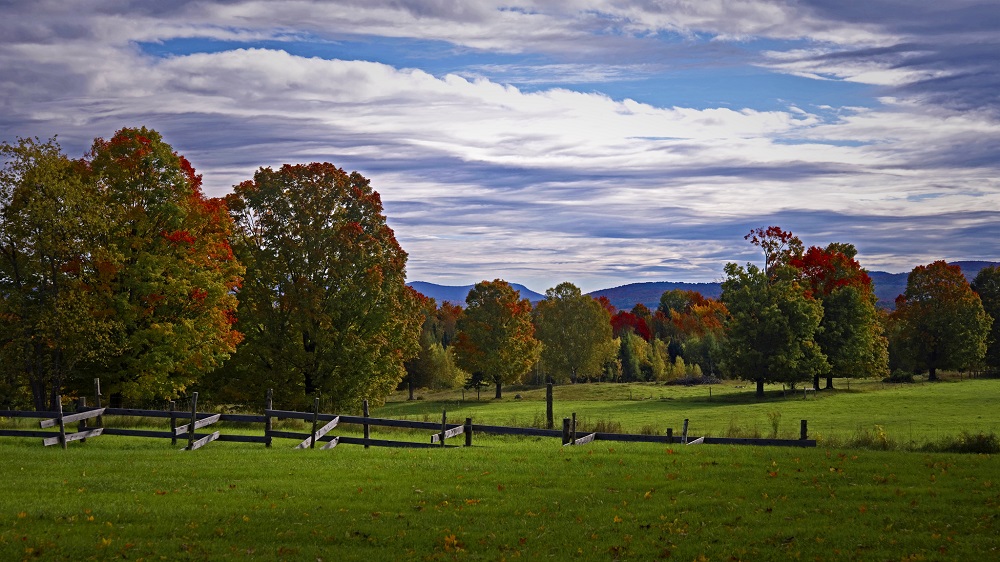
Are there possibly more songs about fall than any other season? Here are 13 great songs and two striking photos.

Simon Morrison examines the career of the iconic Soviet and Russian singer Alla Pugacheva, who just publicly opposed the Ukraine war.
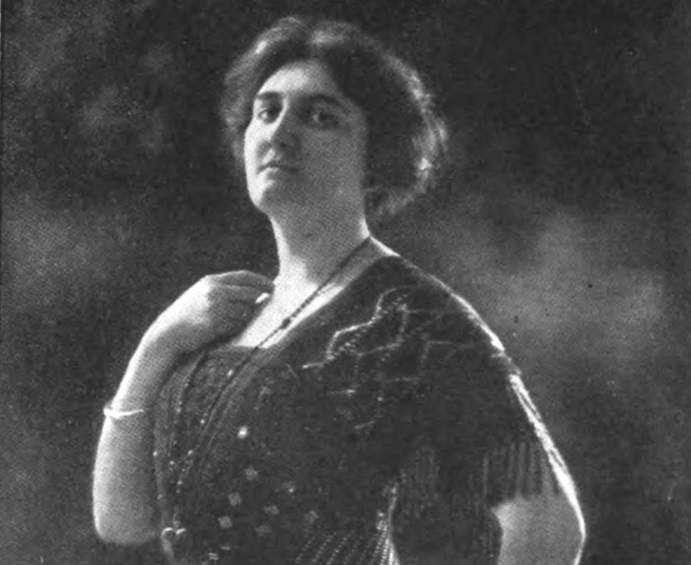
Just over a century ago, there was a concerted effort by contralto Alice Louise Mertens and composer-pianist Lola Carrier Worrell, and others, to champion American women composers.
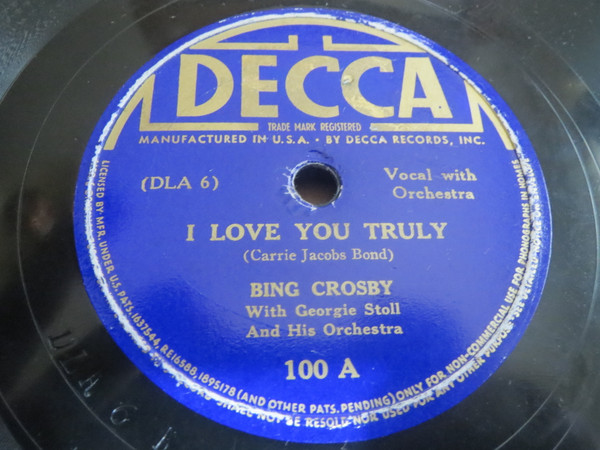
Even as churches ban “I Love You Truly,” brides and grooms embrace it, as do films, radio broadcasts, and recording companies.
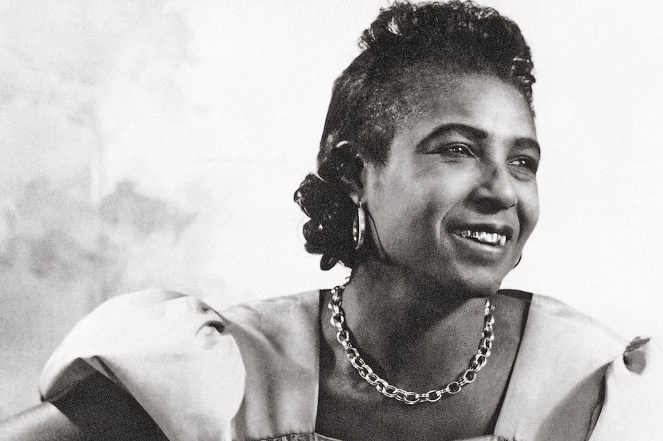
In this concluding post, Julia Simon reads Memphis Minnie’s lyrics and probes why she is, seemingly, a self-consciously anomalous figure in the history of the blues.
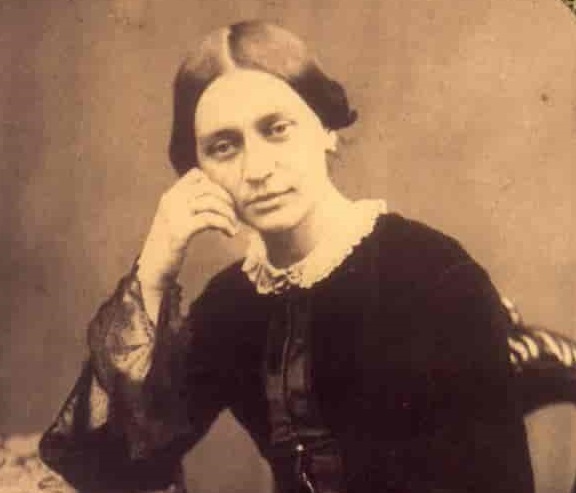
Five friends return to discuss interpreting and programming Schumann’s Lieder, and to suggest that they encourage us to listen to songs in new ways.
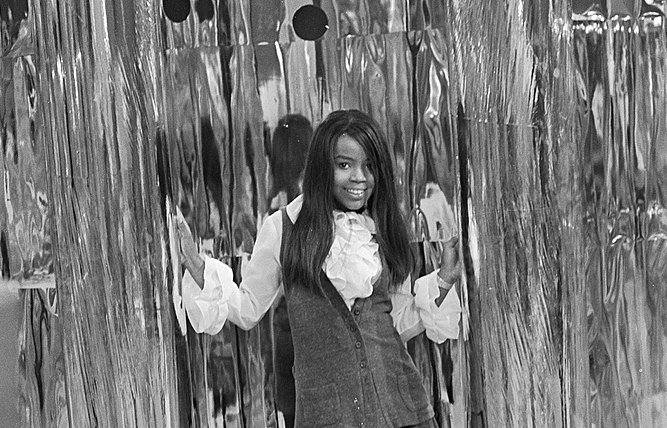
Alexandra Apolloni tracks the turns of California-born P. P. Arnold’s British career, from a collaborator sought after for her remarkable voice to overlooked soloist to survivor.